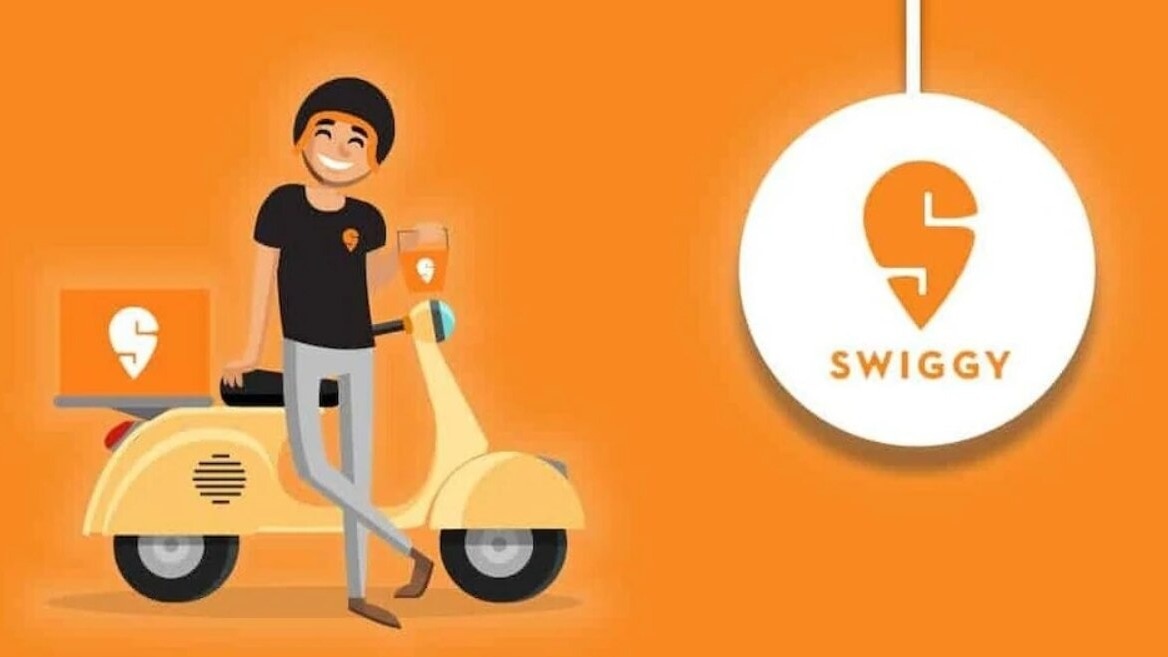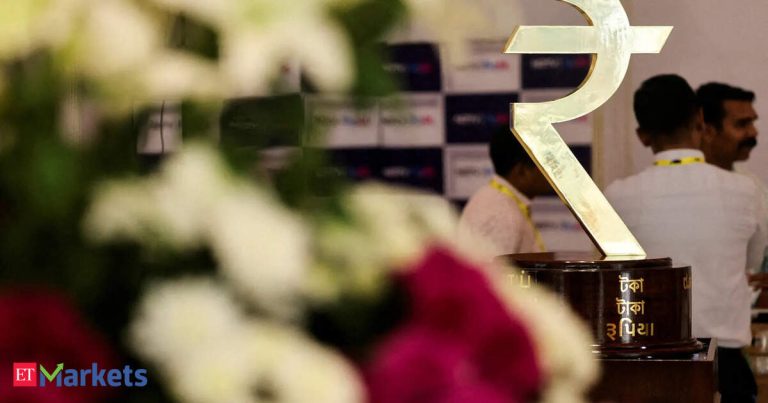Shubham Bansal, the founder of the food delivery startup TinyOwl, took to social media to recount the early days of food delivery giant Swiggy and its rise post-2014. He said that back then, TinyOwl had raised huge funding and expanded across 5 cities with an employee base of over 1,000 and an order book replete with over 50,000 orders.
Referring to Swiggy, he called it a “tiny startup in Bangalore” that struggled with very little funding and even less business at the time.
“I was a founding member of TinyOwl – a hot food delivery startup in 2014. We’ve raised $20 mn+. Expanded 5 cities. 1000+ employees. 50,000+ orders daily. Meanwhile, a tiny startup in Bangalore was struggling with less than $1M in funding. They’re doing maybe 1/10th of our volume,” Bansal wrote.
Going ahead, he said that the management at TinyOwl would joke about acquiring the rival food delivery brand. Bansal explained that Swiggy, which leveraged a hands-on delivery model, outmanoeuvred TinyOwl by miles.
“Internally, we joke about acquiring them. ‘We could kill them easily.’ That tiny startup? It was Swiggy. The rest is history. The thing is, aspiring founders always ask me the same question: ‘I have this startup idea, but I’m not sure if it will work. Is it good?'” he wrote.
Besides revisiting Swiggy’s journey, he had a word of advice for aspiring founders who are unsure about their business ideas. The TinyOwl founding member said that because of this uncertainty, aspiring founders tend to keep sitting on ideas unless someone else launches it.
“My food delivery experience taught me this: Ideas are worth 20 rupees a kilo. The difference isn’t in the thinking. It’s in the doing. If you’re sitting on an idea right now, what’s one small action you could take TODAY? One customer call. One rough prototype. One embarrassing pitch. There is a market for everything. Every market needs multiple players. So the only advice is – Execute fast. Execute now. Execute always,” he signed off.
In 2016, TinyOwl had to shut shop in most cities due to rising logistics costs and market saturation.
At the time, the food delivery startup carried out mass layoffs. In 2015, one of the founders Gaurav Chaudhary was detained for 2 days by laid-off employees over past-dated checks.







